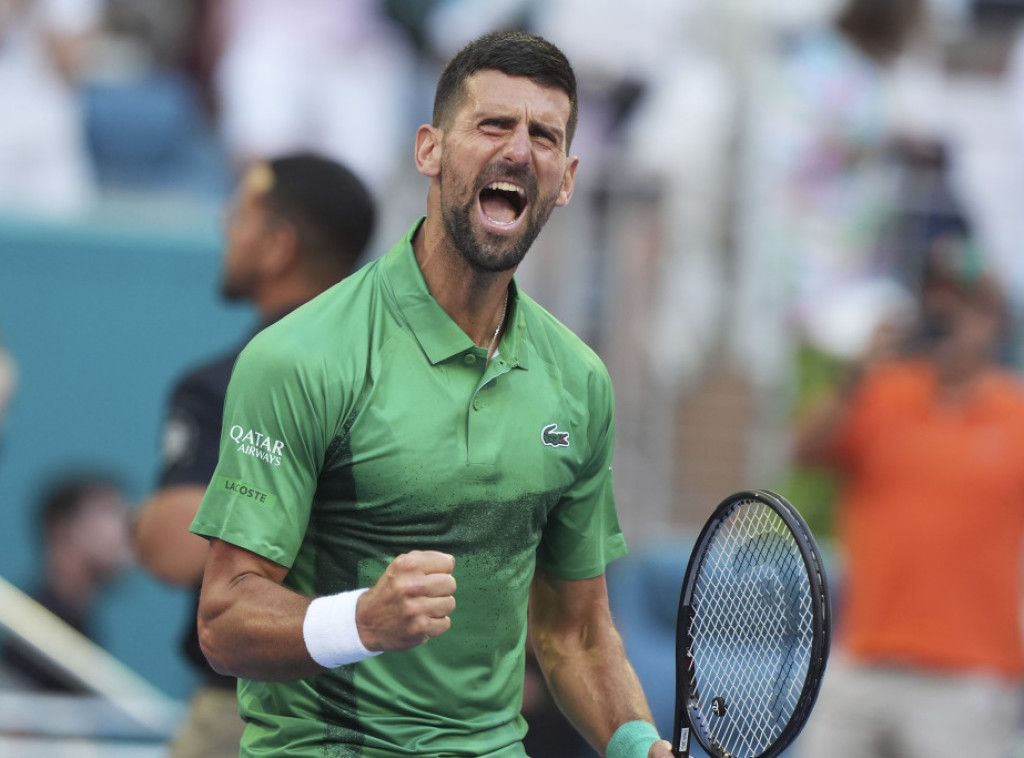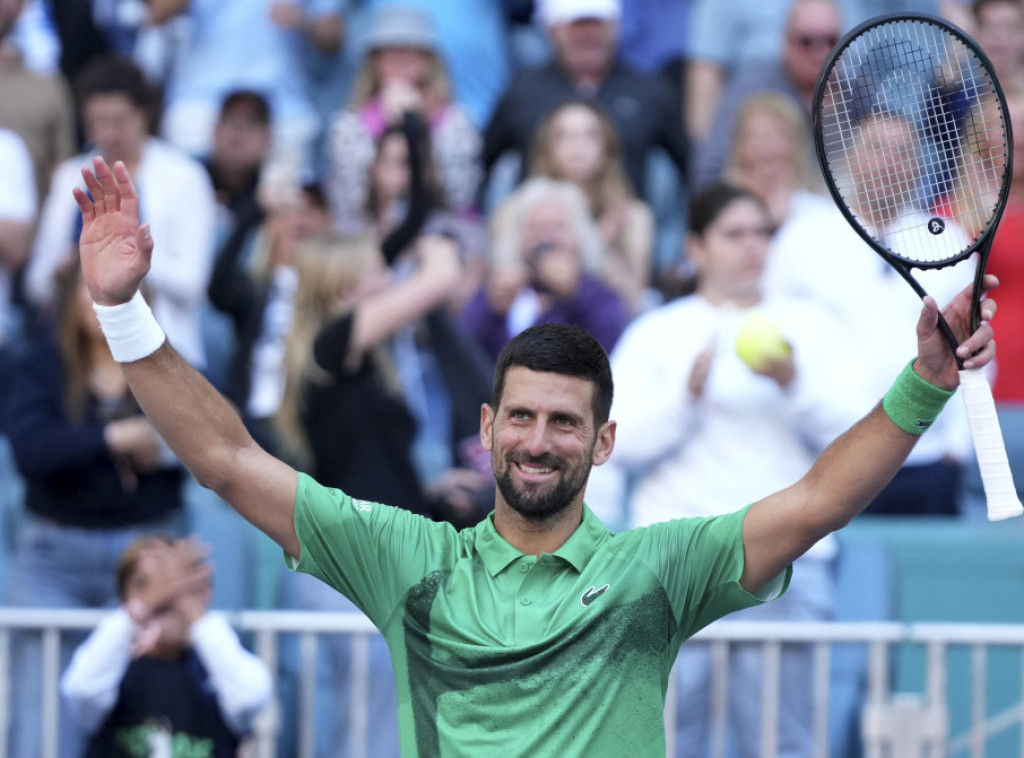Donald Trump's re-election, with full Congressional control, poses challenges for Europe in trade, defence, and climate policy. Experts are warning of potential economic hits, urging the EU to act decisively, boost competitiveness, and assert its geopolitical autonomy.
Donald Trump's return to the Oval Office is just weeks away, ushering in another four years of a presidency set to create wide-ranging spillovers across the global stage.
With Republicans securing control of both the House and Senate, Trump now wields substantial power to reshape US policies, a shift that puts economies and political stability worldwide - particularly in Europe - at stake.
The victory of Trump has reignited questions about trade tensions, defence responsibilities, and climate cooperation, with analysts warning that his "America First" agenda could profoundly impact the European Union.
Former European Commission President José Manuel Barroso described Trump's return to power as "shock therapy" for a continent grappling with war, rising nationalism, and economic stagnation.
He added: "Trump 2.0 sharpens all three challenges and is a necessary wake-up call." While disruptive, Trump's policies may compel Europe to address its structural weaknesses decisively, echoing Jean Monnet's belief that "Europe will be forged in crises and will be the sum of the solutions adopted for those crises".
Barroso reiterated a recent call by former European Central Bank president Mario Draghi, emphasising that the EU needs to mobilise an additional €750-€800bn annually -equivalent to roughly 5% of its gross domestic product - to remain competitive with the US and China.
He stressed the urgency for EU leaders to take bold action, using the deep economic ties between Europe and the United States to deter Washington from pursuing unilateral trade measures that could be detrimental to both economies.
"The EU has a chance to cease being a geopolitical teenager and progressively assert itself on the world stage alongside America and China", Barroso said.
Trade turbulence looms
Trump's threats of tariffs on European goods, especially cars, could hit the EU's largest economies hard.
Goldman Sachs' economist Sven Jari Stehn projects that a blanket 10% tariff on US imports - including those from Europe - would shave 1% off euro area GDP, with Germany seeing a 1.1% drop, the UK contracting by 0.7%, and Spain losing 0.6%.
Trade policy uncertainty alone poses a significant risk. Analysts highlighted that "the actual magnitude of tariff increases might matter less for growth than the trade policy uncertainty created", as businesses defer investments and adjust supply chains in anticipation of possible disruptions.
Defence: A costly shift
Trump's transactional foreign policy, particularly his criticism of NATO and reduced US support for European security, places additional burdens on the EU.
Meeting NATO's 2% GDP defence spending target and compensating for US cuts could cost the EU an extra 0.5% of GDP annually, according to Goldman Sachs.
While this spending would bolster military readiness, its economic benefits are likely to be limited due to low defence multipliers in Europe. The risks of reduced US involvement in the region are significant.
Engjellushe Morina, a senior policy fellow at the European Council on Foreign Relations, said the EU "will need to increase its own involvement to prevent a power vacuum that Russia and China could exploit further".
Morina also noted that, although Europe has made strides in defence and energy security, "more effort is needed".
Europe's direction of travel
Trump's re-election also underscores the need for Europe to bolster its geopolitical autonomy.
Niclas Poitiers of the Bruegel think tank noted the complexity of devising a new Ukraine strategy under Trump, who has signalled reluctance to "pay for European security" but has financial incentives to continue arms sales to Ukraine. Europe will need to take greater responsibility for its neighbourhood, ensuring that reduced US engagement does not create vulnerabilities.
A coordinated strategy will be vital to ensure Europe's security interests are not fragmented by individual member states pursuing closer bilateral ties with Washington.
Climate: Environmental policies in jeopardy
Trump's scepticism of climate change and his opposition to the European Green Deal signal significant risks for global environmental cooperation.
Elżbieta Bieńkowska, senior advisor at Covington & Burling LLP, observed: "Trump's well-documented scepticism about climate change and opposition to the European Green Deal signal a likely domestic rollback of environmental regulations, withdrawal from international climate agreements, and increased support for fossil fuel production."
This shift could undermine the EU's leadership in climate action and hinder international efforts to advance sustainable policies.

 2 months ago
27
2 months ago
27






 We deliver critical software at unparalleled value and speed to help your business thrive
We deliver critical software at unparalleled value and speed to help your business thrive






 English (US) ·
English (US) ·